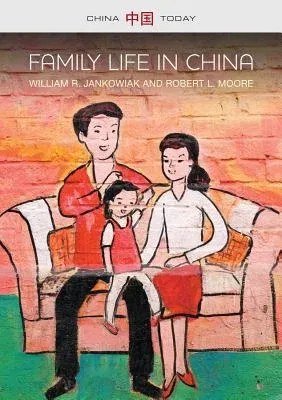The family has long been viewed as both a microcosm of the state and a
barometer of social change in China. It is no surprise, therefore, that
the dramatic changes experienced by Chinese society over the past
century have produced a wide array of new family systems.
Where a widely accepted Confucian-based ideology once offered a standard
framework for family life, current ideas offer no such uniformity. Ties
of affection rather than duty have become prominent in determining what
individuals feel they owe to their spouses, parents, children, and
others. Chinese millennials, facing a world of opportunities and, at the
same time, feeling a sense of heavy obligation, are reshaping patterns
of courtship, marriage, and filiality in ways that were not foreseen by
their parents nor by the authorities of the Chinese state. Those whose
roots are in the countryside but who have left their homes to seek
opportunity and adventure in the city face particular pressures - as do
the children and elders they have left behind. The authors explore this
diversity focusing on rural vs. urban differences, regionalism, and
ethnic diversity within China.
Family Life in China presents new perspectives on what the current
changes in this institution imply for a rapidly changing society.

